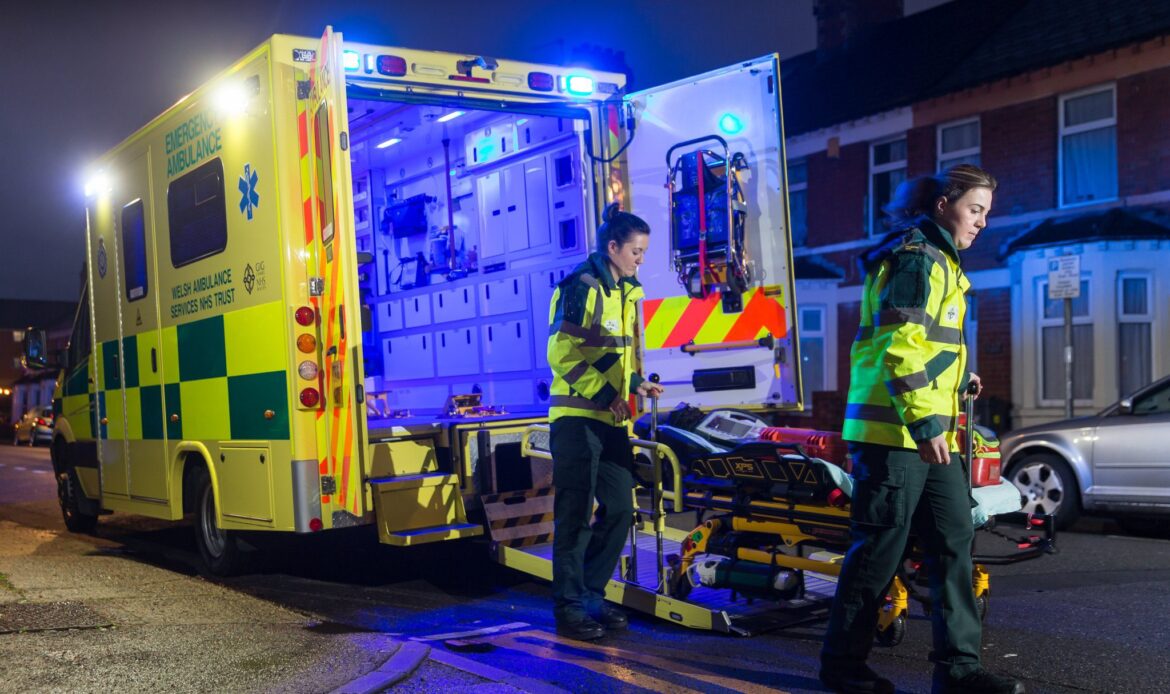Traumatic Brain Injuries (TBI), have to light recently mainly due to sport- and military-related injuries with an estimated 531 of 100,000 of the population in the UK having been diagnosed and admitted to hospital according to Headway.
An occurrence of TBI among individuals may increase their risk of early-onset Alzheimer’s disease. Those who are newly diagnosed are reported to experience depression, anxiety and post-traumatic stress disorder (PTSD)
With a significant number of the population ageing and requiring home care, in-house caregivers are likely to encounter patients with TBI and not be in a good position of knowing how to handle them. Tehy Care Group has offered training to its caregivers on how best to tackle such situations.
An interview with one of Tehy Care Group’s executives revealed the necessity of caregivers developing a care plan for TBI related cases, with knowledge being the best tool in the provision of good care. The need to treat the person and not the disability was a great takeaway. The approaches used for patients recovering from TBI has to take into account, delivering support to both the patients and the family.
Home care has proved to be one of the best ways to manage complex injuries with hospitals experiencing a rise in the number of discharges as people opt for in-home care. Safety has always been a priority in the development of care plans. Tehy Care Group a professional home care provider, comes in and advises a family on what needs to be taken care of. In that, we can make a recommendation on what facilities to put in place and modify to best accommodate TBI patients.
All in all, it is to be noted that not all brain injuries are easily diagnosable and it takes a toll on the families when they get into the know when all along the said patient has been looking totally fine. The biggest question being on how to best integrate them back into society.

